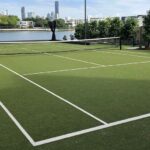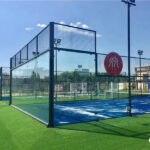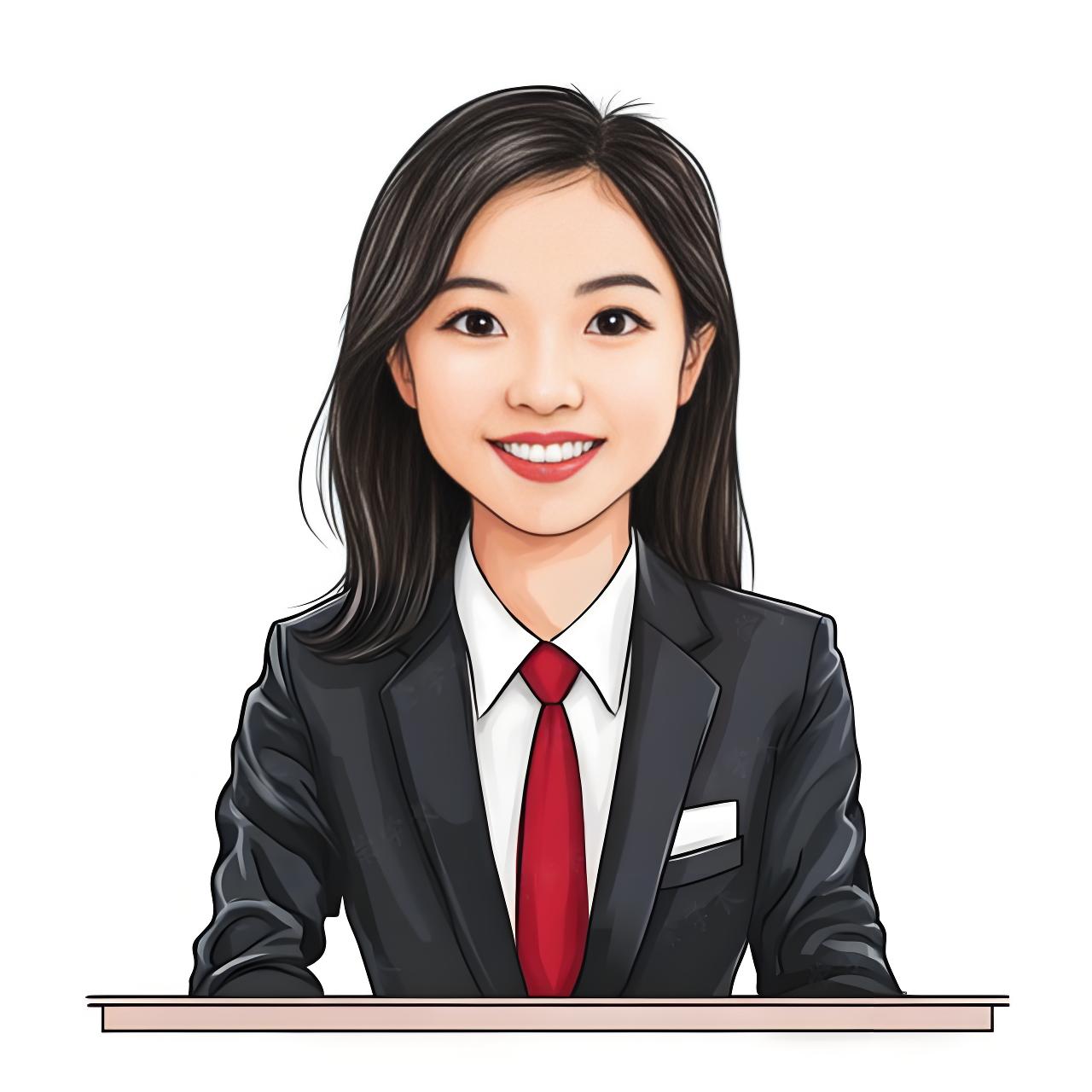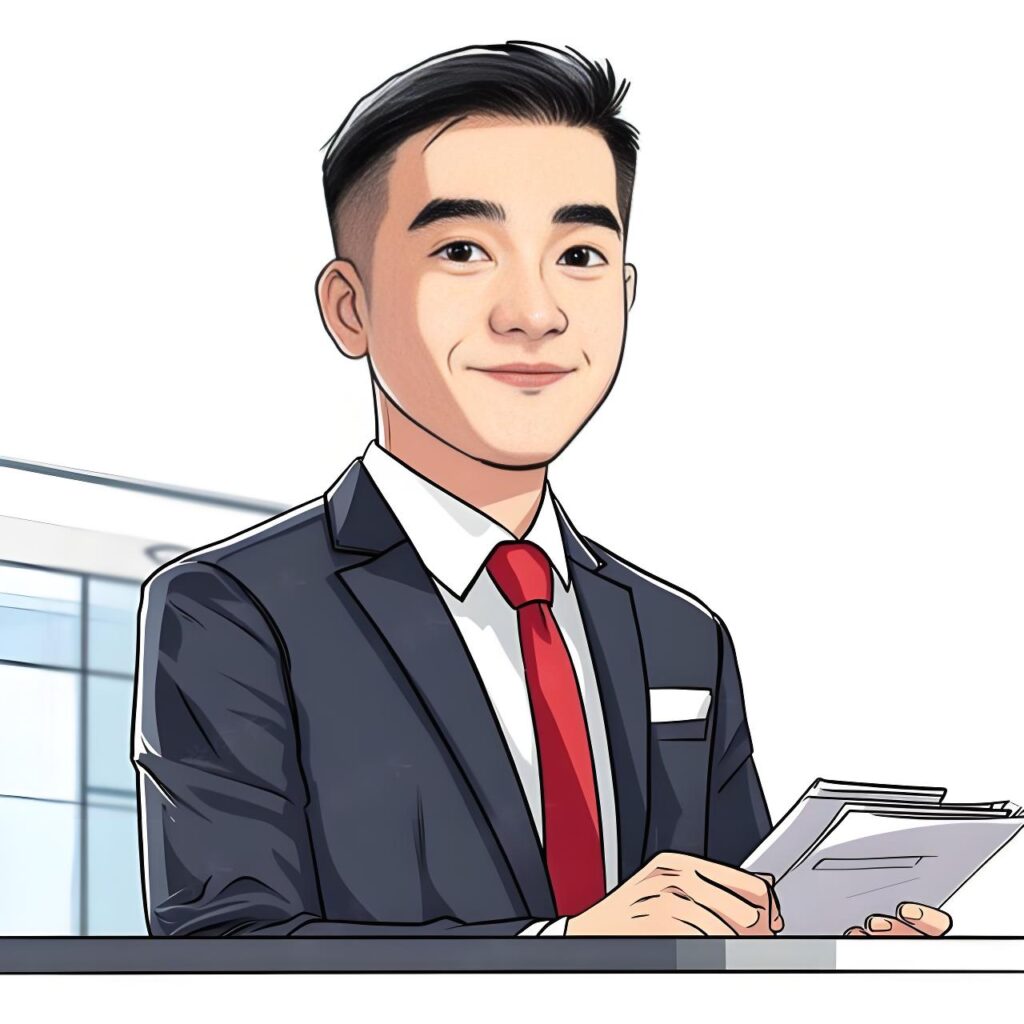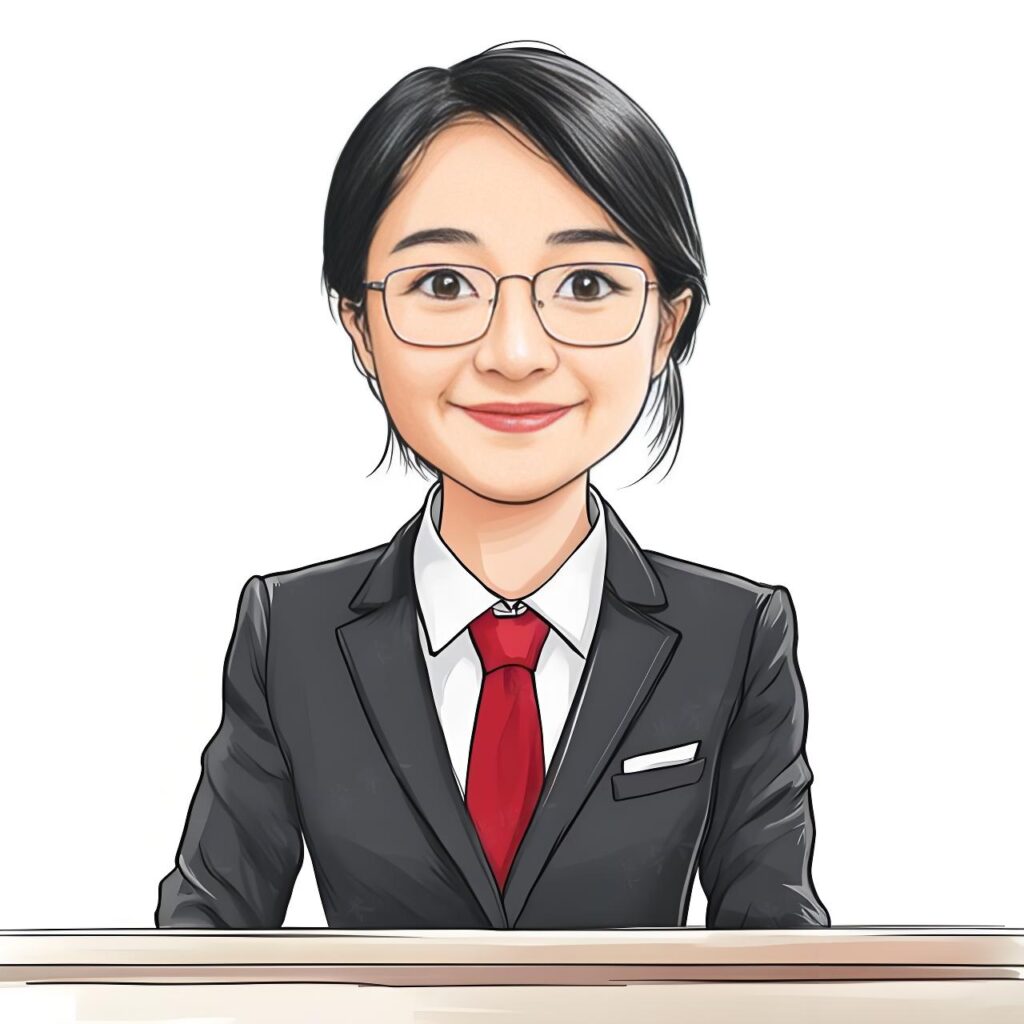The raw materials of artificial grass are mostly polyethylene (PE) and polypropylene (PP), and polyvinyl chloride and polyamide can also be used.
Polyethylene (PE): Softer in hand, closer in appearance and sports performance to natural grass, and widely accepted by users. It is the most widely used artificial grass fiber raw material in the 21st century
Polypropylene (PP): The grass fiber is relatively hard and is generally suitable for tennis courts, playgrounds, runways or decorations. Abrasion resistance slightly worse than polyethylene
Nylon: It is the earliest artificial grass fiber raw material and belongs to the first generation of artificial grass fiber. The grass is soft and comfortable.
The main production process of Mango Sports artificial turf is roughly divided into the following nine steps: Raw material – dyeing – extrusion drawing – wire drawing – tufting – gluing – drying – finished product inspection – packaging and storage
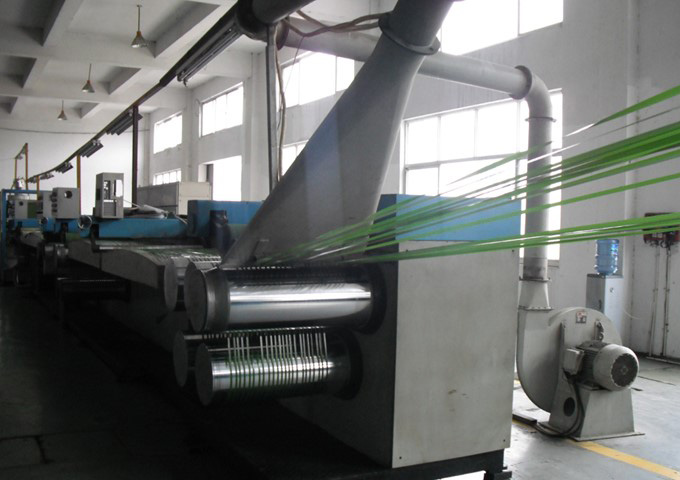
The first step in the production of artificial turf is to adjust the color masterbatch and its formula to the desired color according to a certain proportion, and use a drawing machine to process it into grass yarn.
Ⅰ – Step
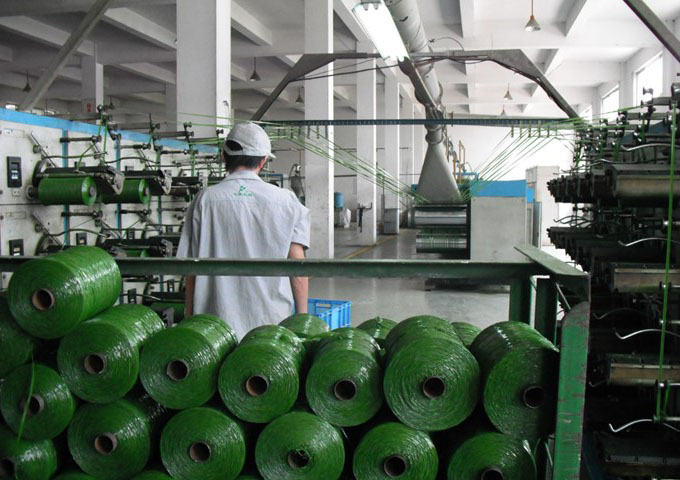
Hang the produced artificial grass yarn in a fixed position, drive the yarn into the corresponding pipe through an air gun, and then pass it into the corresponding pinhole to weave the yarn on the base fabric.
Ⅱ – Step
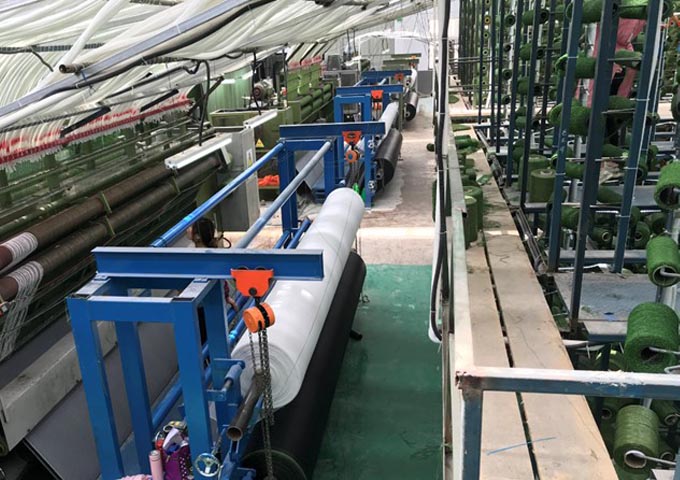
Adjust the machine according to the required artificial grass parameters, such as pile height, density, width, etc.
Ⅲ – Step
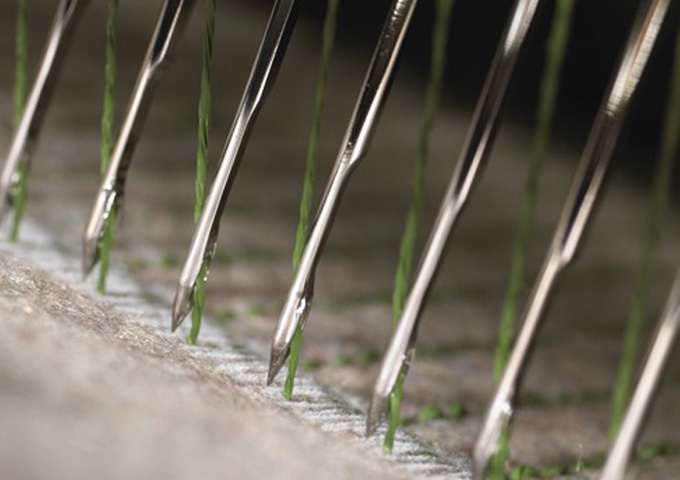
Then start tufting, that is, weaving the lawn, weaving the yarn on the base fabric, and the semi-finished artificial grass after tufting is waiting to be glued.
Ⅳ – Step
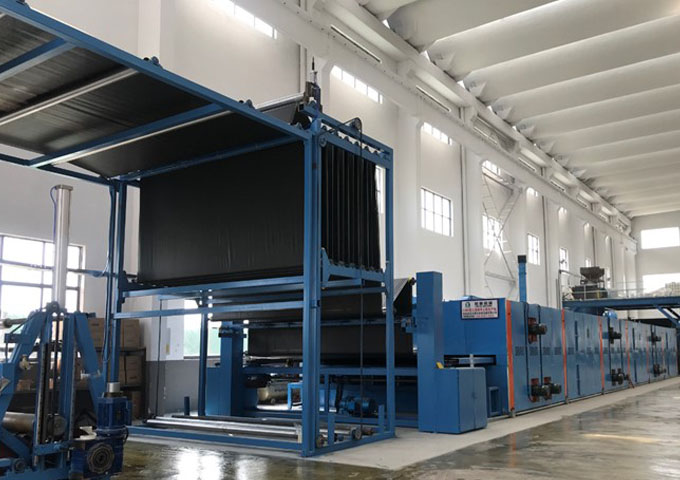
Glue, that is, apply a thick glue on the back of the lawn to fix the grass silk and enhance the use time of the lawn.
Ⅴ – Step
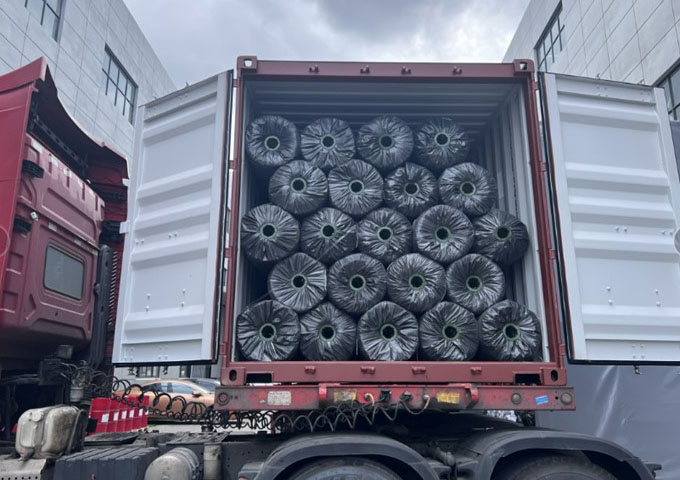
After all the above steps are completed, the quality inspector will conduct the finished product inspection, and the qualified finished products will be packaged and put into storage. According to the customer’s order, the container will be shipped to the destination port.
Ⅳ – Step
